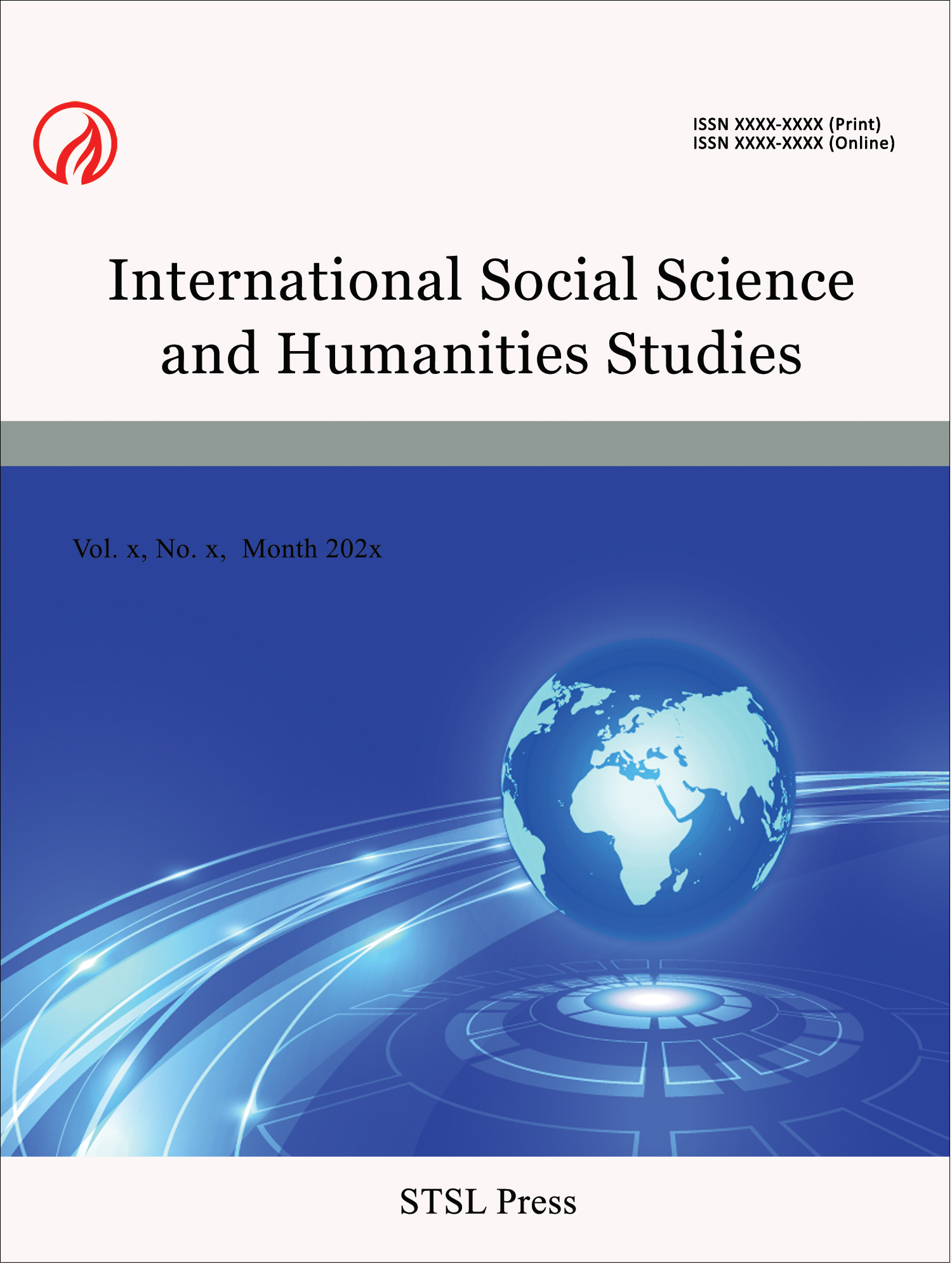Influence of Personality Traits and Self Esteem on Psychological Wellbeing among Students of Nasarawa State University Keffi
Jerry James Doka
Yunana Ulea Salihu
Timothy Onwughai Osahon
Abstract
The purpose of this study is to investigate the influence of personality traits and self-esteem on psychological wellbeing among students of Nasarawa State University Keffi. The study sample is comprises of 246 (136 males and 110 males) randomly selected undergraduate students within the faculty of social sciences, Nasarawa State University Keffi. The data were collected using self-administered questionnaire consisting of Extra Short Form of Big Five Inventory (BFI-2-XS), Ryff’s Psychological Well-being Scale, Rosenberg Self Esteem Scale and sociodemographic information. The study found that openness to experience (β = 1.394, p < .05) and conscientiousness (β = 1.208, p < .05) have significant positive influence on psychological wellbeing while agreeableness (β = .088, p > .05), extroversion (β = .018, p > .05) and neuroticism (β = -.044, p > .05) do not have significant independent influence on psychological wellbeing. Jointly, the big five personality traits have significant influence on psychological well-being [F (3, 242) = 2.25; p < 0.05]. the study also found that self-esteem has significant positive influence on psychological wellbeing [r (244) = .27, p < .05). There is no significant gender difference in psychological wellbeing among students of Nasarawa State University Keffi [t (244) = 1.73, p > .05]. The study concludes that student’s personality characteristics and self-esteem are important for sound psychological wellbeing among Nigerian undergraduates. The study recommends that personality traits self-esteem need to be considered by concerned individuals in the development of effective target interventions aimed at improving student’s wellbeing.
Paper:
pdf
DOI:
 This work is licensed under a
Creative Commons Attribution 4.0 License.
This work is licensed under a
Creative Commons Attribution 4.0 License.
Contact us
- Peter Wilson
- isshs@stslpress.org
